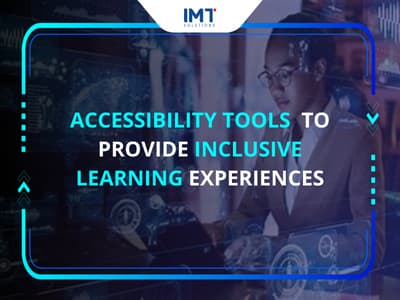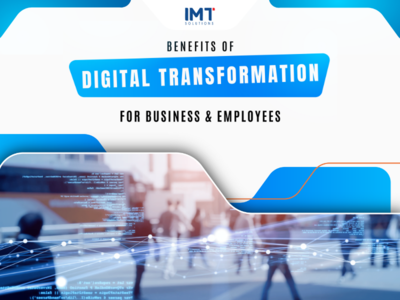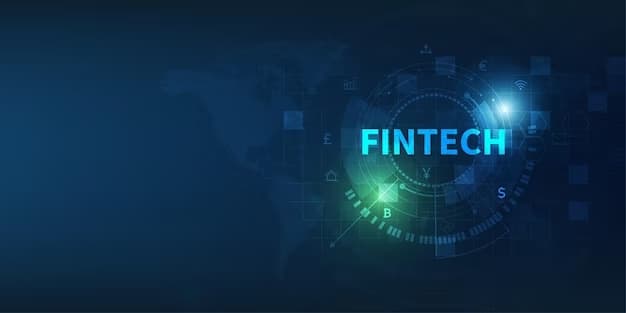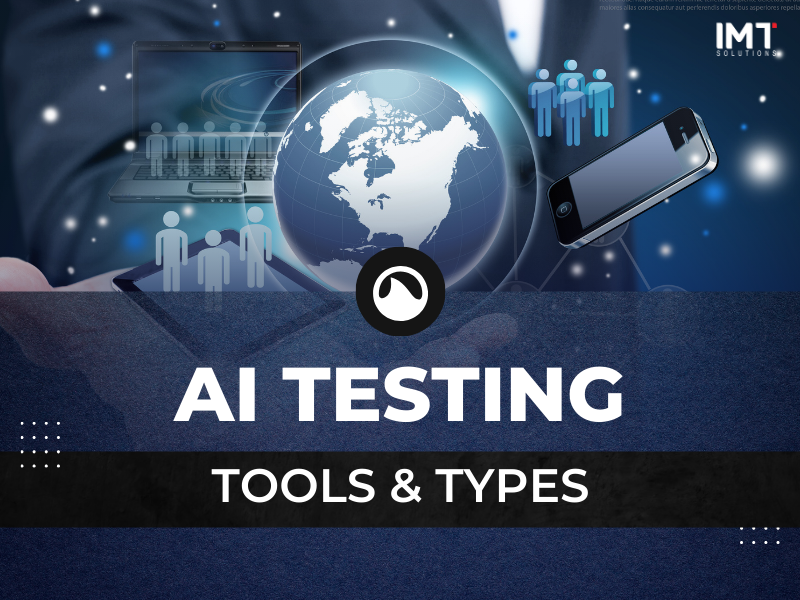The Role of AI
and IoT in Healthcare
App Development
Emerging technologies are transforming how patients interact with healthcare providers and services. Healthcare app development now integrates advanced technologies, improving convenience and effectiveness. Among these innovations, artificial intelligence (AI) and the Internet of Things (IoT) stand out. AI powers personalized care, predictive analytics, and automated diagnostics in mobile healthcare apps.
Digitalization is critical in healthcare, enabling the conversion of paper-based records into digital formats for improved efficiency and patient care. Key sectors that benefit include clinical documentation, behavioral health, and specialty therapies, using tools such as electronic health records (EHRs), practice management platforms for scheduling and billing, and best ABA management software for behavioral health practices. Additional examples include telehealth platforms, remote patient monitoring systems, and diagnostic decision-support tools, all of which streamline workflows and enhance patient engagement. By adopting these digital solutions, healthcare providers can reduce errors, improve treatment outcomes, and make care more accessible.
IoT enables real-time health monitoring through wearables and connected medical devices. Together, these technologies are reshaping healthcare apps, making them smarter and more accessible. This blog explores how AI and IoT are revolutionizing healthcare applications worldwide by driving transformative trends in digital health solutions.
The Role of AI in Healthcare App Development
In recent years, AI has been transforming healthcare in many areas. It is used for analyzing medical images, providing personalized patient diagnoses, and automating hospital management processes. AI’s applications are vast and hold the potential to bring even greater benefits to the healthcare industry. Its influence also extends to healthcare app development, creating new opportunities for providers to engage with patients. Through mobile apps, healthcare services have become more accessible, efficient, and personalized. This growing integration of AI into healthcare apps is revolutionizing how providers and patients connect, improving overall care and user experience. Let’s explore some of the most impactful applications of AI in mobile healthcare app:
Virtual health assistants
One of the most significant uses of AI in healthcare app development are virtual health assistants. These assistants let patients interact with AI-powered chatbots for personalized diagnoses based on their symptoms. Machine learning enables this by analyzing vast datasets to identify patterns and make accurate decisions. Patients communicate with the chatbot as if consulting a doctor. The process involves several key steps:
- Symptom Description: The patient inputs their symptoms for the chatbot to assess.
- Processing and Analysis: The chatbot processes the input, analyzes symptoms, and matches them with its datasets for an accurate diagnosis. Advanced algorithms ensure the analysis considers rare and common conditions alike.
- Response and Recommendation: Based on the analysis, the chatbot provides detailed feedback and suggests treatment options or further actions.
- Continuous Monitoring: Some chatbots are programmed to follow up, remind patients about medication, or suggest check-ups. These features promote adherence to treatment plans and ongoing health management.
Here are some examples of real AI-powered mobile healthcare app that function as virtual health assistants:
- Ada Health: An AI-powered health checker designed to provide personalized insights and identify potential health conditions.
- Youper: A clinically validated AI-powered mental health app designed to help users manage their emotional well-being.
- SkinVision: An AI-powered app focused on skin health, particularly the early detection of skin cancer.
Personalized treatment plan
AI in healthcare app development greatly enhances patient care by enabling efficient data analysis and personalized solutions:
- Managing Patient Data: AI organizes medical histories, offering quick access for accurate diagnoses and streamlined communication with doctors.
- Tailored Plans: AI-powered healthcare apps create personalized treatment plans, including diets, exercise, and medication schedules, based on patient needs.
- Predictive Analysis: AI predicts potential health risks by analyzing data trends, enabling early intervention and preventive care.
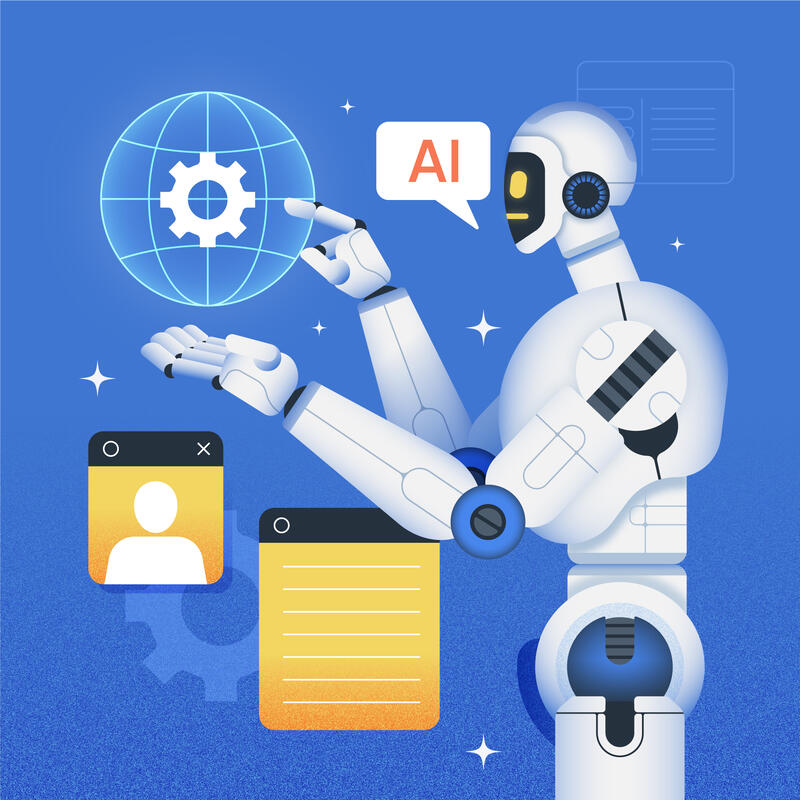
How IoT Is Revolutionizing Mobile Healthcare App Development
With the high connectivity of mobile devices in the current world, IoT opens up many opportunities for healthcare app development to enhance patient care. IoT enables continuous patient health monitoring and early detection of potential health issues. For instance, wearable devices such as smartwatches and fitness trackers collect real-time data on vital signs like heart rate, blood pressure, and sleep patterns. This data is seamlessly transmitted to healthcare providers, enabling them to offer timely interventions and personalized treatment plans. Here are some of the key applications of IoT in healthcare:
Remote patient monitoring (RPM)
RPM solutions use software and devices to track a patient’s vital signs and health metrics in real-time. Powered by technologies like IoT, AI, and sensors, these solutions collect data on parameters such as heart rate and blood pressure, which is then analyzed for early detection of health issues. Key benefits of Remote Patient Monitoring (RPM) include:
- Improved Patient Outcomes: Continuous monitoring helps detect health issues early, enabling timely interventions and better management of chronic conditions.
- Convenience: Patients can track their health from home, reducing the need for frequent hospital visits.
- Cost Efficiency: RPM reduces hospital readmissions and emergency visits, saving costs for both patients and healthcare providers.
- Personalized Care: Data collected by RPM devices allows for customized treatment plans based on individual health needs.
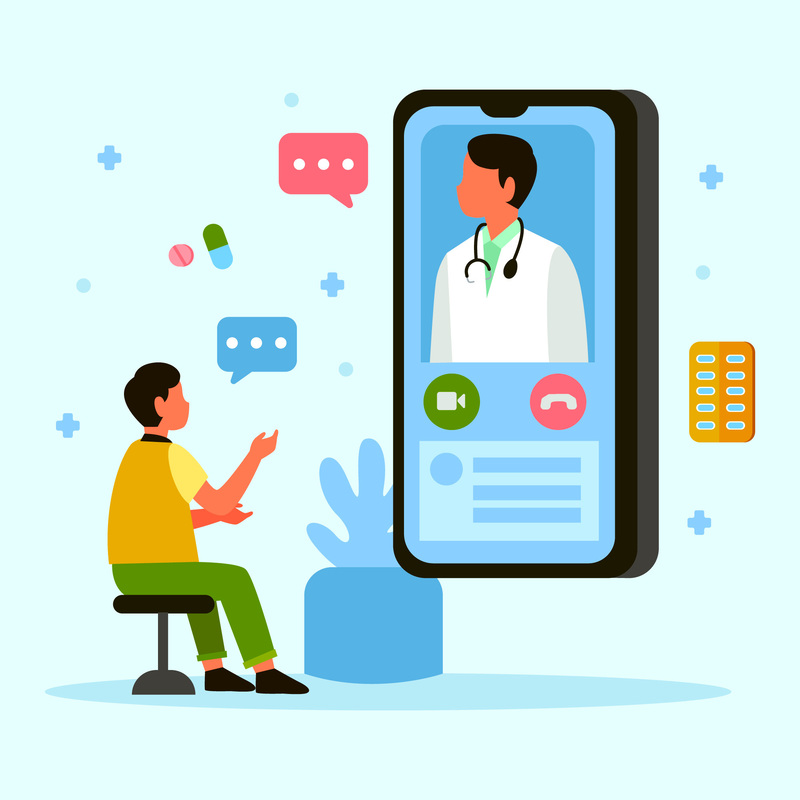
Wearables, skin sensors, and home monitoring tools
RPM is enhanced with wearable devices that provide accurate tracking of vital health metrics, integrated with mobile healthcare apps. Wearables, such as smartwatches and fitness trackers, monitor vital signs like heart rate, oxygen levels, and sleep. The data is synced with healthcare apps, allowing patients and providers to access real-time information. Continuous, precise data collection enables better decisions, early detection, and personalized treatment plans. This integration promotes proactive health management, reduces hospital visits, and improves patient outcomes.
Here are some notable examples of RPM applications used in healthcare app development to enhance patient care:
- Dexcom: An IoT device paired with a mobile healthcare app that enables real-time monitoring of glucose levels and overall health.
- Medtronic: Medtronic offers a range of IoT devices that seamlessly integrate with their mobile apps to enhance patient care. These devices enable real-time monitoring of various health parameters, such as glucose levels, cardiac activity, and respiratory functions. Through the mobile apps, patients can track their health metrics, receive personalized insights, and share data with healthcare providers for timely interventions.
- CoachCare: Providing connected devices delivers real-time data to healthcare providers, enhances personalization, and boosts patient engagement and retention.
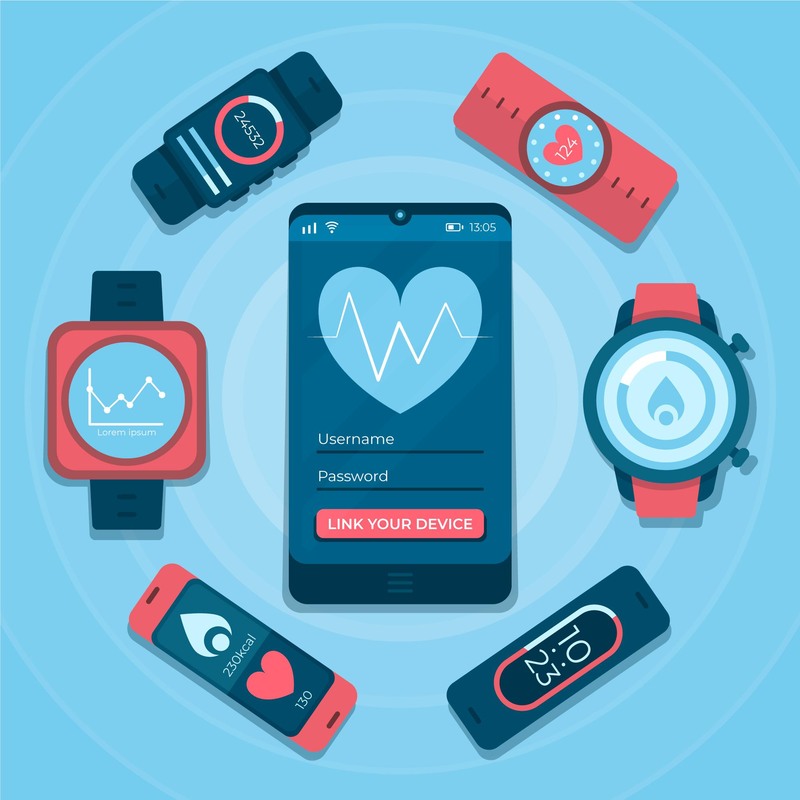
Beyond AI and IoT: Emerging Technologies in Healthcare App Development
As AI and IoT continue to evolve, their integration into healthcare app development will revolutionize the industry, delivering significant benefits for patient care. These technologies enable real-time monitoring, personalized treatments, and early detection of potential health issues, transforming how patients and providers manage health. Additionally, emerging technologies such as edge computing, blockchain, and augmented reality are expected to create even more opportunities for innovation in healthcare. These advancements promise improved efficiency, enhanced security, and more accessible solutions for patients. Together, AI, IoT, and new technologies will drive the future of healthcare, creating smarter, more connected systems that prioritize patient well-being.



